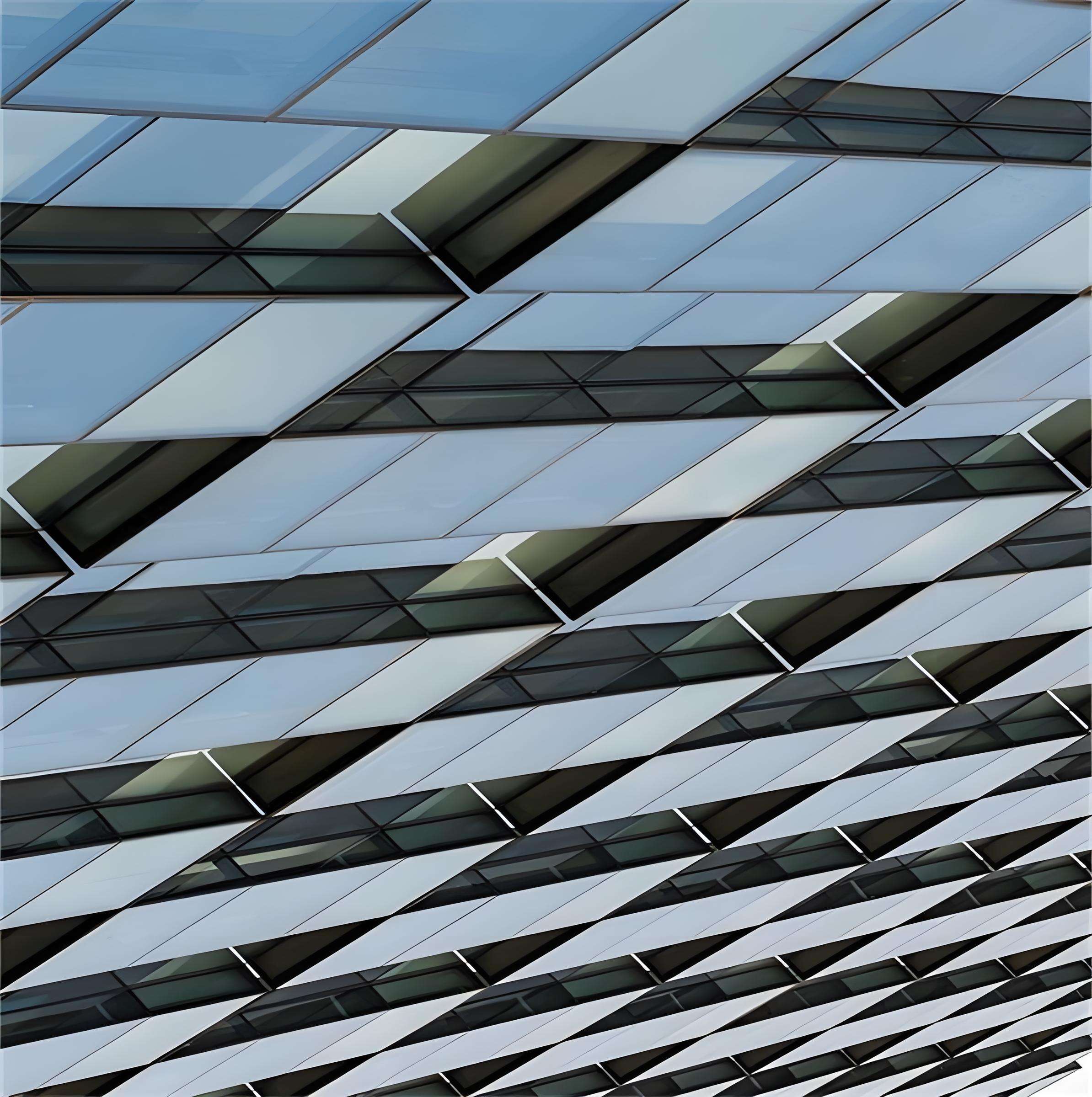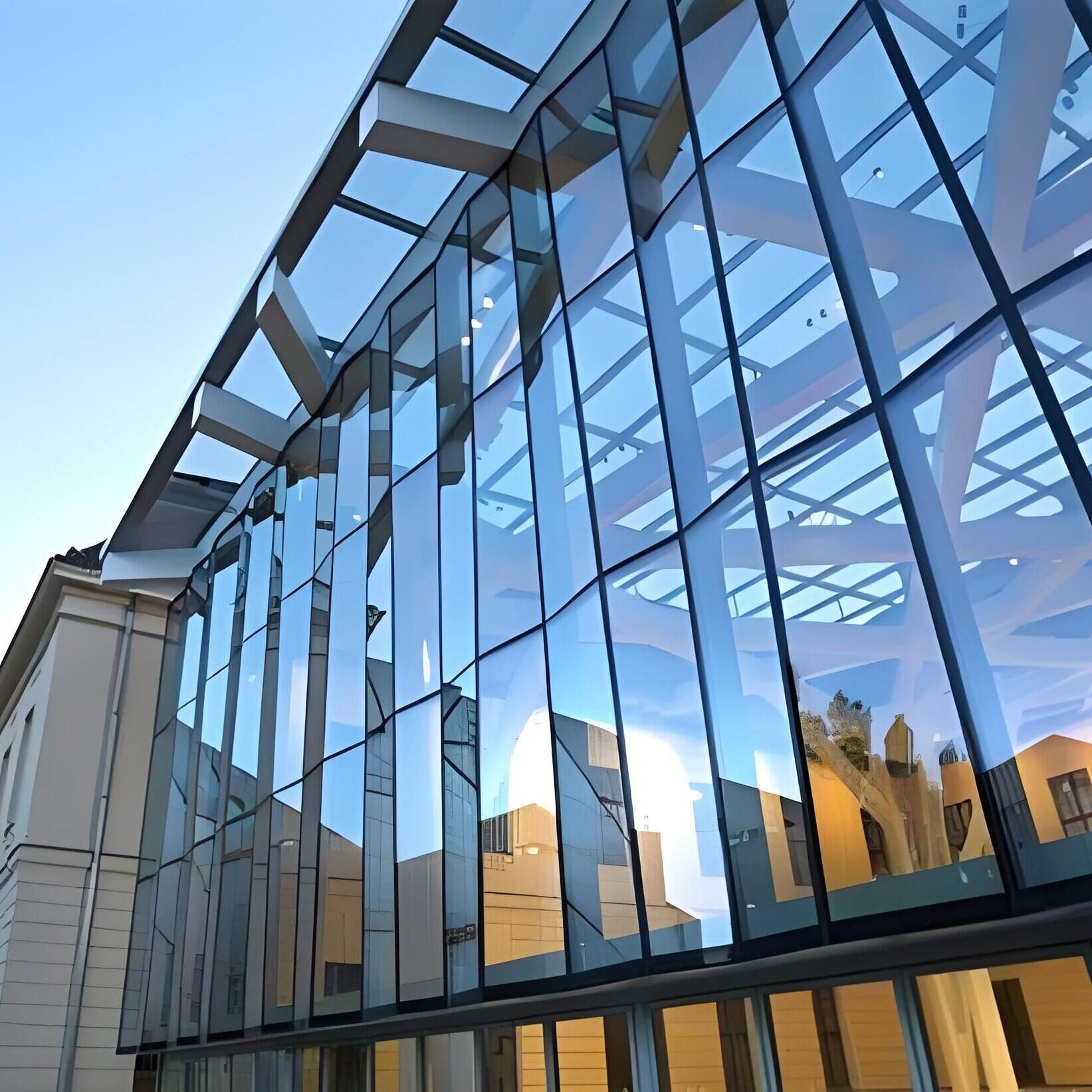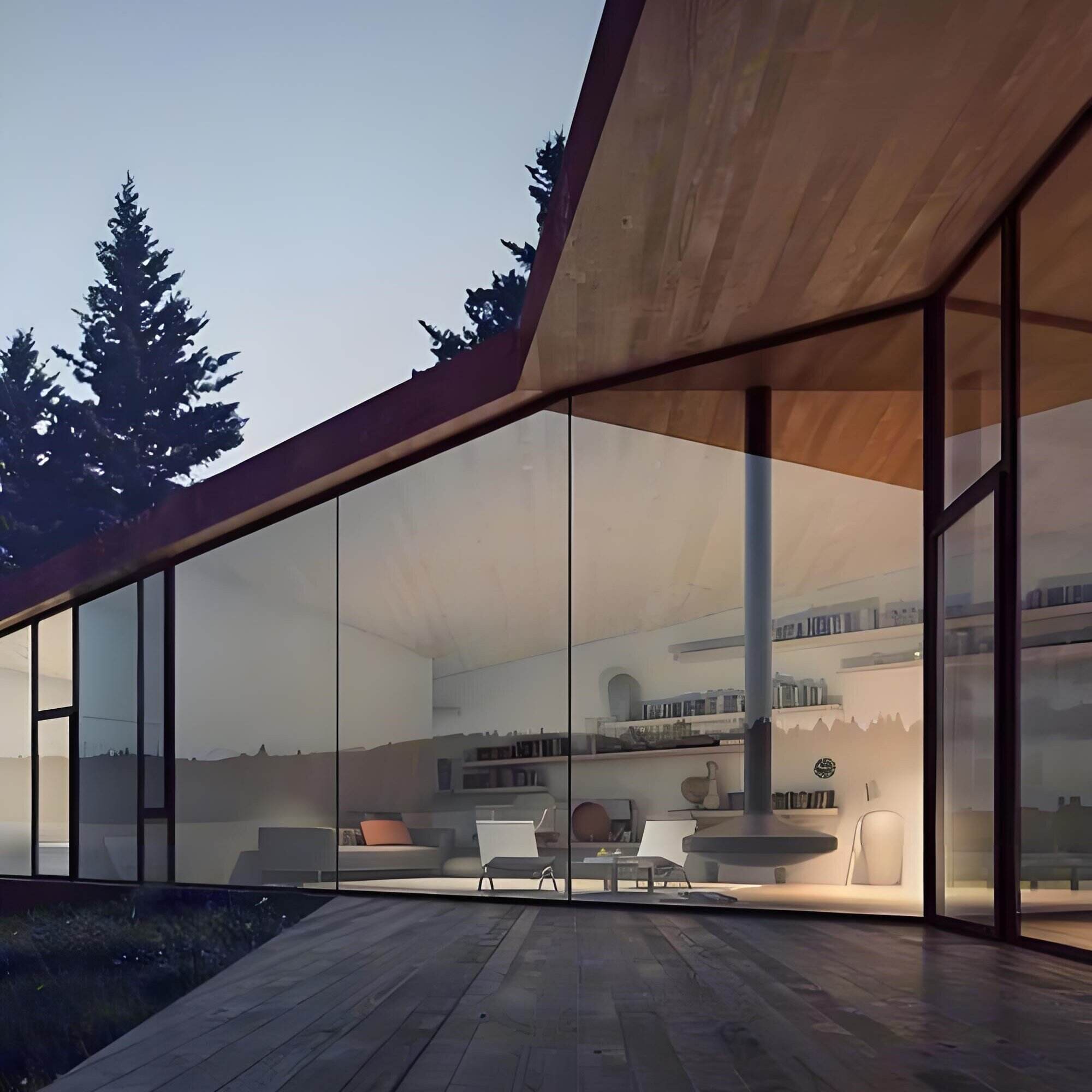architectural glass cost
Architectural glass cost encompasses various factors that influence the final pricing of glass installations in buildings. This essential building material varies in price depending on specific characteristics such as thickness, size, type, and special features like energy efficiency or security enhancements. Standard clear glass typically ranges from $5 to $15 per square foot, while specialized options like tempered or laminated glass can cost between $15 and $40 per square foot. Smart glass and electrochromic solutions may reach $50 to $100 per square foot. Installation costs add another layer to the pricing structure, typically ranging from $10 to $30 per square foot depending on complexity and location. Factors affecting architectural glass cost include energy-efficient coatings, acoustic properties, safety requirements, and aesthetic customizations. Modern architectural glass often incorporates advanced technologies like low-E coatings, which can increase initial costs but provide long-term energy savings. The total investment varies significantly based on project scope, ranging from simple residential windows to complex commercial curtain wall systems.


